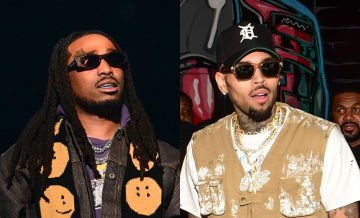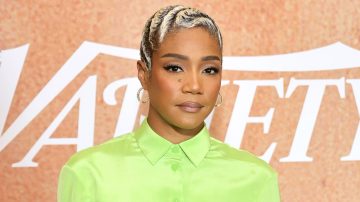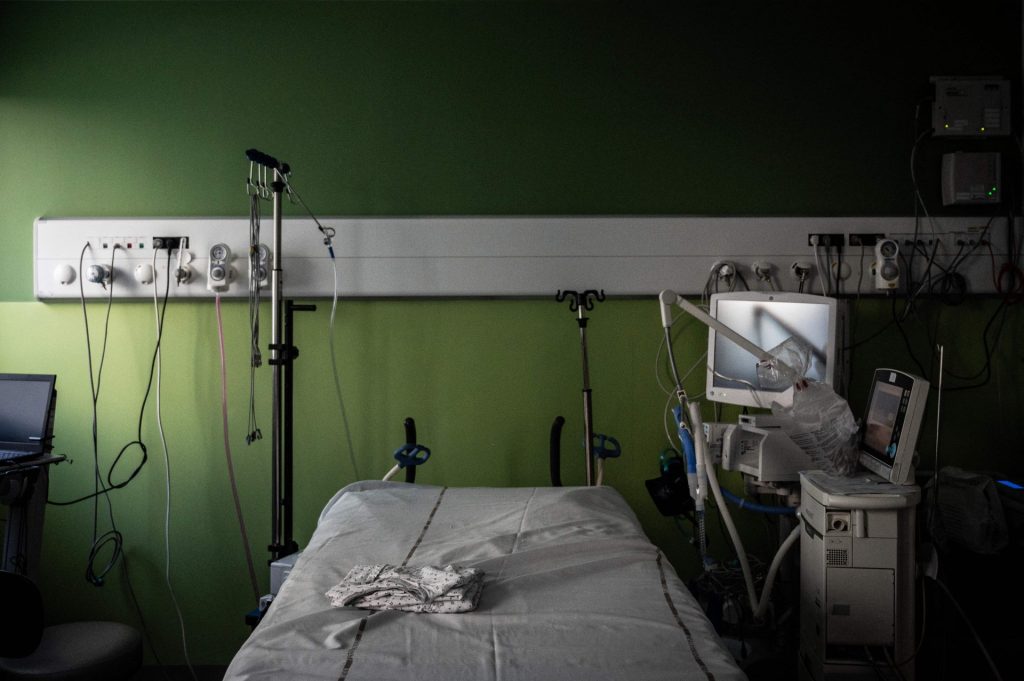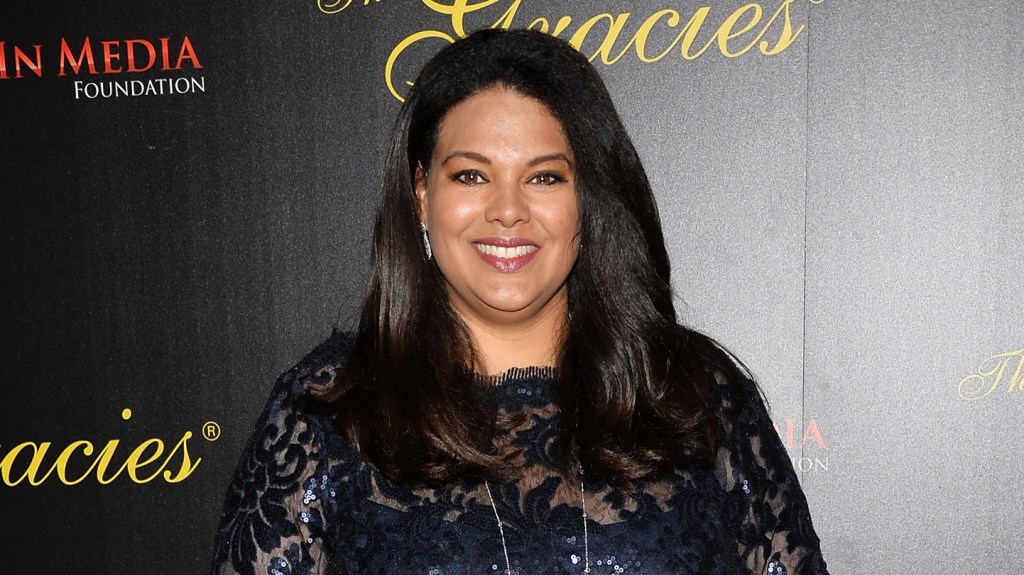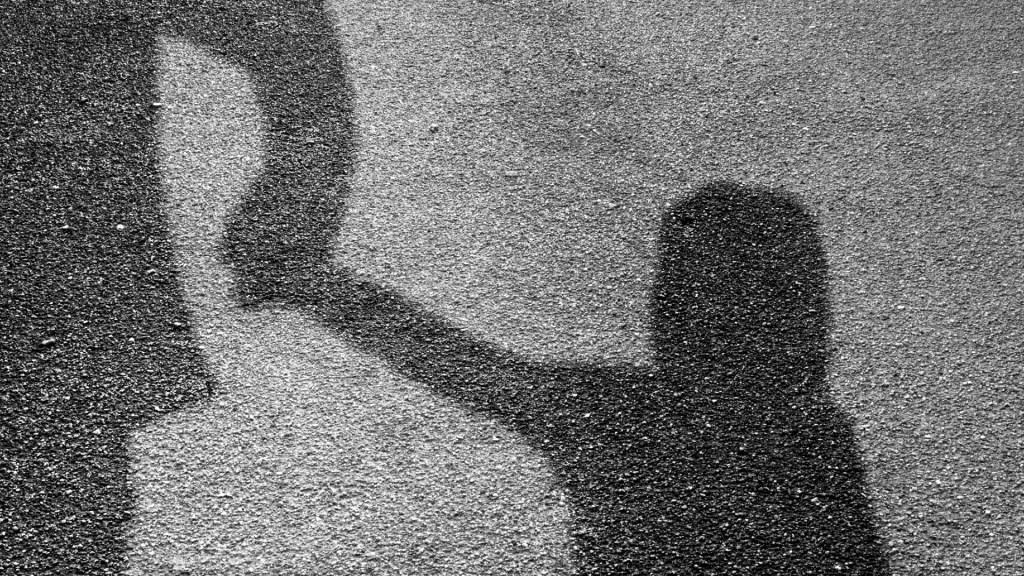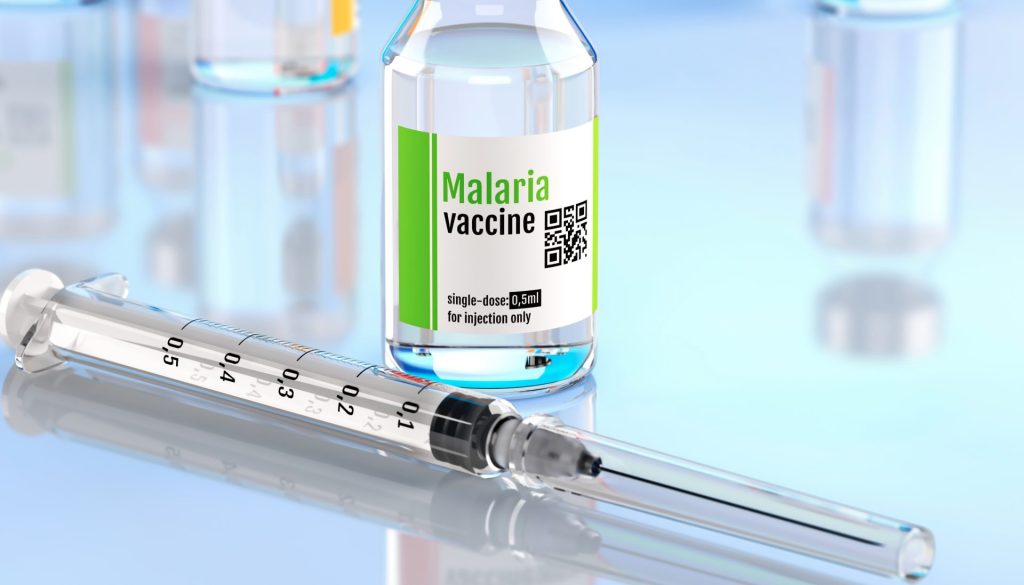
The World Health Organization (WHO) has officially approved the world’s second-ever malaria vaccine. It was developed at the University of Oxford and will cost between $2 and $4 USD per dose.
The New Vaccine Will Help “Protect More Children Faster”
The WHO announced the news through a statement on Monday (Oct. 2). Dr. Tedros Adhanom Ghebreyesus — the organization’s director-general — declared he used to “dream” of this moment.
“As a malaria researcher, I used to dream of the day we would have a safe and effective vaccine against malaria. Now we have two.”
He added, “This second vaccine is a vital additional tool to protect more children faster, and to bring us closer to our vision of a malaria-free future.”
The WHO’s Regional Director for Africa, Dr. Matshidiso Moeti, further highlighted this sentiment. He noted that the two WHO-approved vaccines “can help bolster malaria prevention and control efforts” in Africa.
“This second vaccine holds real potential to close the huge demand-and-supply gap. Delivered to scale and rolled out widely, the two vaccines can help bolster malaria prevention and control efforts and save hundreds of thousands of young lives in Africa from this deadly disease.”
For context, the WHO notes that malaria “places a particularly high burden on children in the African Region, where nearly half a million children die from the disease each year.”
However, AP News reports that John Johnson of Doctors Without Borders points out that the vaccine isn’t a sure-fire solution.
“This is one more tool we will now have, but it’s not going to replace bed nets and spraying insecticides. This is not the vaccine that’s going to stop malaria.”
Reuters notes that the vaccine was developed at the University of Oxford, and it will become available by mid-2024.
Today is a great day for health, a great day for science, and a great day for vaccines:@WHO is recommending a second vaccine to prevent #malaria in children at risk of the disease, called R21/Matrix-M.
Demand for the RTS,S vaccine far exceeds supply, so the R21 vaccine is a… pic.twitter.com/1trR6fmYMc
— Tedros Adhanom Ghebreyesus (@DrTedros) October 2, 2023
The WHO Approved The First Malaria Vaccine In 2021
This noteworthy development comes nearly two years after the WHO officially endorsed the first-ever malaria vaccine.
AP News reports the “historic” decision came as a result of researchers tracking more than 800,000 Ghanaian, Kenyan, and Malawian children who received the vaccine since 2019.
The vaccine, Mosquirix, was initially conceived in 1987 and boasts a 30% effectiveness rate. Nonetheless, Dr. Julian Rayner of the Cambridge Institute for Medical Research said the “imperfect vaccine” was a “huge step forward.”
In the WHO’s recent statement on a second, cheaper vaccine being approved, the organization declared, “Both vaccines are shown to be safe and effective in preventing malaria in children and, when implemented broadly, are expected to have high public health impact.”



